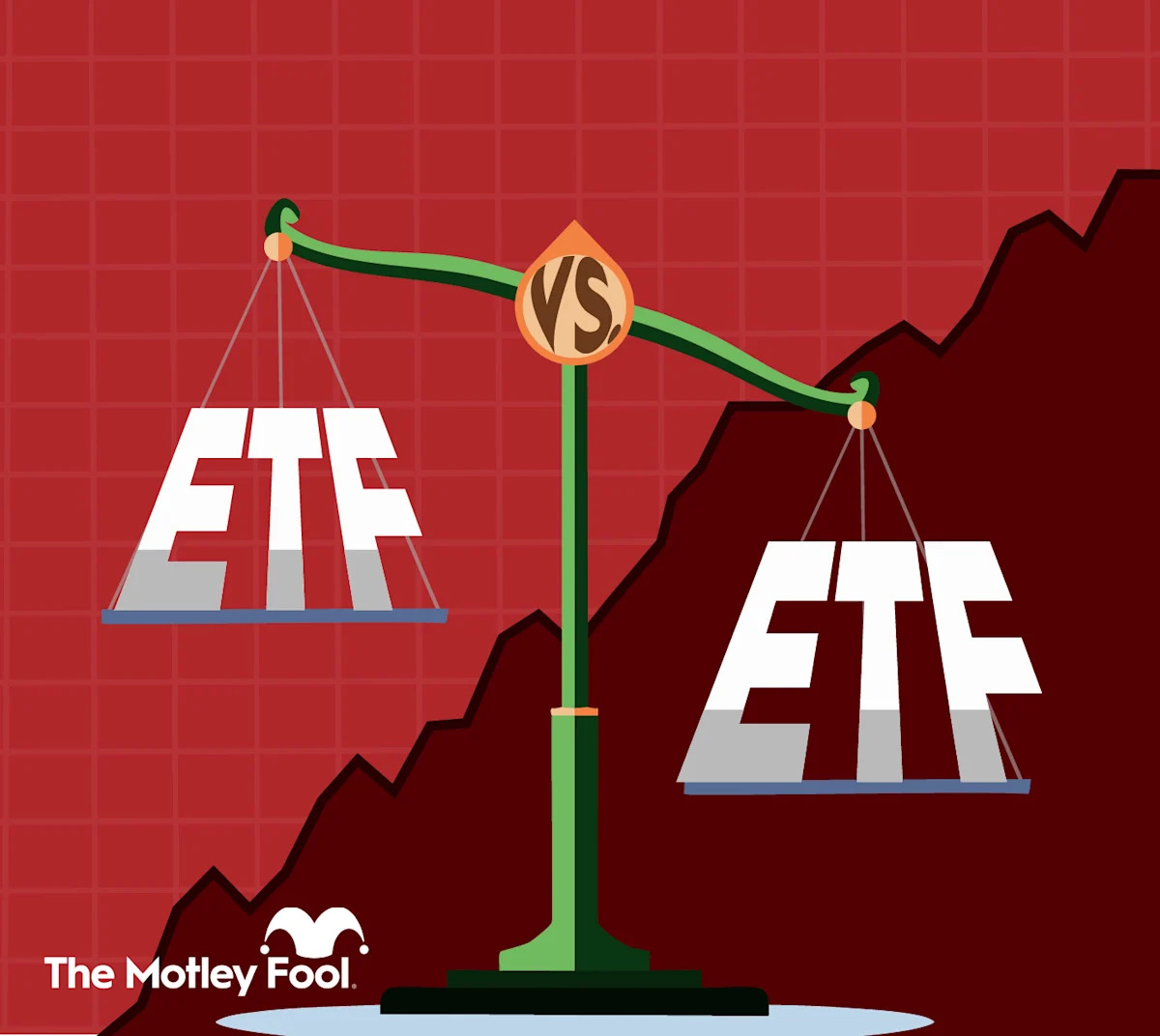Paul Dietrich shared two alternative investments to AI, saying the tech boom is a bubble.
Wedbush’s chief strategist recommended utilities and gold as two solid bets to ride out any trouble.
“People just think there is no limit on these things, but there always is,” he said of the AI bull run.
Top strategist Paul Dietrich has warned that the AI boom is a bubble, and suggested where investors should take shelter.
Those betting on the tech are wagering it will supercharge productivity and mint profits for the businesses harnessing it, fueling a growing debate about whether surging AI stocks warrant their sky-high valuations or are destined to crash.
Dietrich, Wedbush’s chief investment strategist, told Business Insider that the bull run reminded him of the hype and speculation during the dot-com bubble in the late 1990s and the housing bubble in the mid-2000s.
“They made no sense,” he said. “Things just kept going up and up and up.”
Dietrich said of the internet bubble, “I’d go to a party and everybody was telling me what dot-com stock that they had just gotten into. The same thing is happening today.”
Nvidia shares have soared about 13-fold since the start of 2023, catapulting the chipmaker to a $4.5 trillion market capitalization. That figure exceeds the combined value of Berkshire Hathaway, JPMorgan, Walmart, Eli Lilly, and Visa.
Dietrich, who manages money for private investors, institutions, and retirement funds, said he believed AI would “change everything” but added that valuations were “out of whack.”
“People just think there is no limit on these things, but there always is,” he said. Dietrich added that blue-chip stocks such as Microsoft tanked during the dot-com crash. The enterprise-software giant’s shares fell 63% over the course of 2000.
He also said he was alarmed about retail investors using borrowed money to place bigger and riskier bets in a bid to amplify their returns.
“More people are in leveraged ETFs, especially in technology,” he said. “We’ve never, ever seen a big market downturn with the kind of leverage that I see underlying the stock buying. This is my biggest worry right now.”
“If the market starts going down, you want to get out of those things really quickly,” he said.
Dietrich said the government’s injection of trillions into the economy over the past five years may have shored up demand and staved off trouble.
“It’s pushed off the recession,” he said. “But it hasn’t repealed the laws of gravity.”
























